
The government's cuts to its Better Energy grants will cost jobs and
make it extremely difficult for Ireland to meet its retrofit and energy
reduction targets, green building magazine Construct Ireland has warned.
Following the budget, the Sustainable Energy Authority of Ireland
reduced grants for
cavity wall insulation from €320 to €350. Grants for
internal and external wall insulation were also reduced — previously
these were €2,000 and and €4,000 respectively, but now separate rates
have been introduced for different house types, with the maximum being
€1,800 for
internal insulation and €3,600 for external.


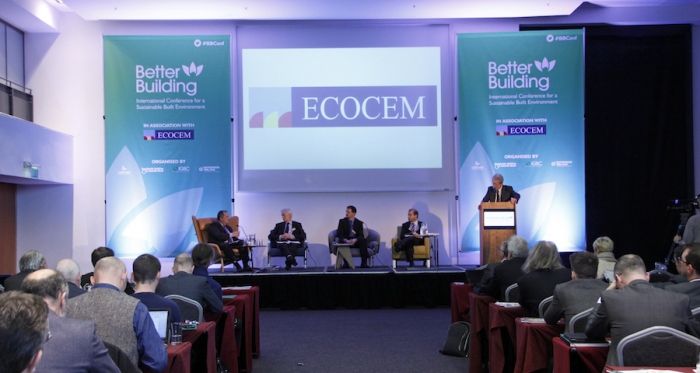
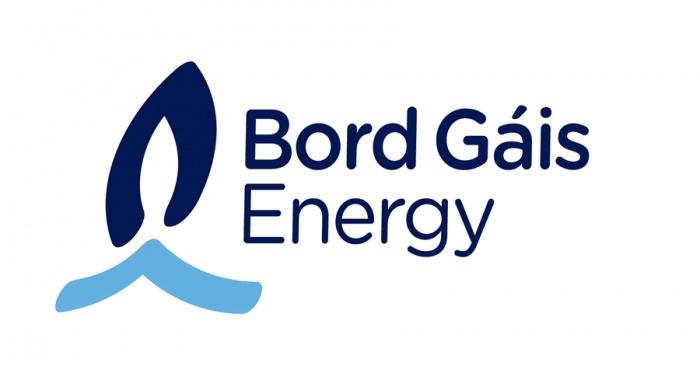


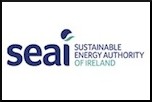









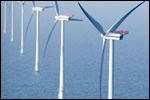
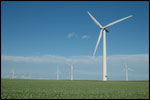 Feasta - the Foundation for the Economics of Sustainability - will host
a weekend conference titled 'The New Emergency: Managing Risk and
Building Resilience in a Resource Constrained World' on the weekend of
June 10 - 12 in All Hallows College, Dublin.
Feasta - the Foundation for the Economics of Sustainability - will host
a weekend conference titled 'The New Emergency: Managing Risk and
Building Resilience in a Resource Constrained World' on the weekend of
June 10 - 12 in All Hallows College, Dublin. 
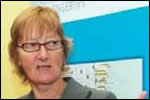 ECONOMIC RECOVERY when it comes must involve Ireland developing a
low-carbon “smart, green economy”, the Environmental Protection Agency
(EPA) said yesterday.
ECONOMIC RECOVERY when it comes must involve Ireland developing a
low-carbon “smart, green economy”, the Environmental Protection Agency
(EPA) said yesterday.



